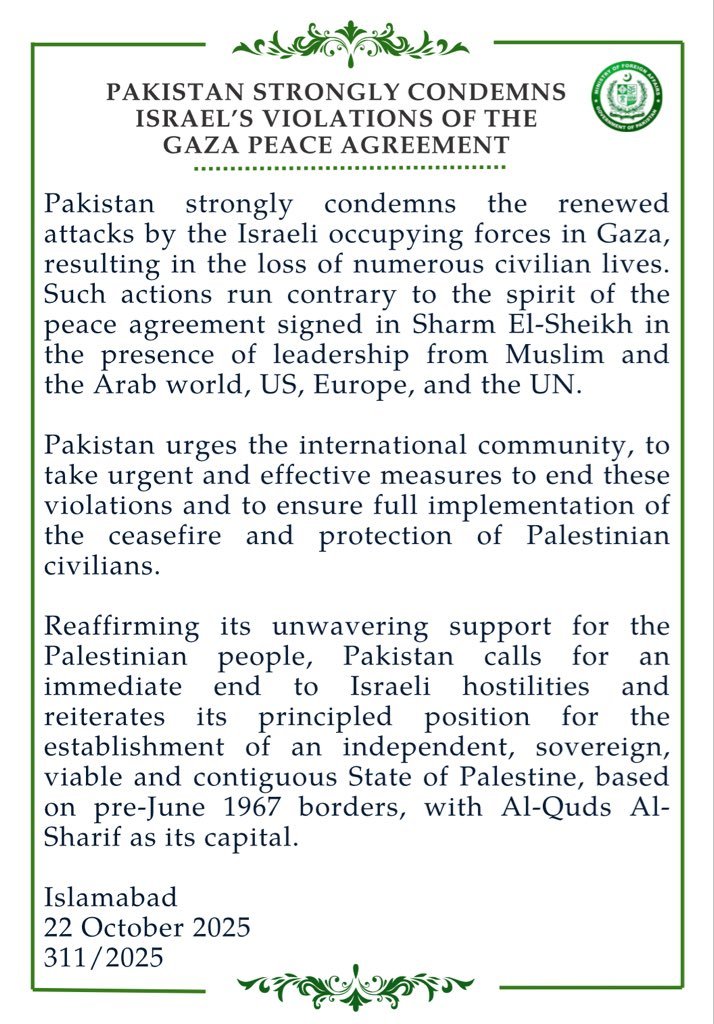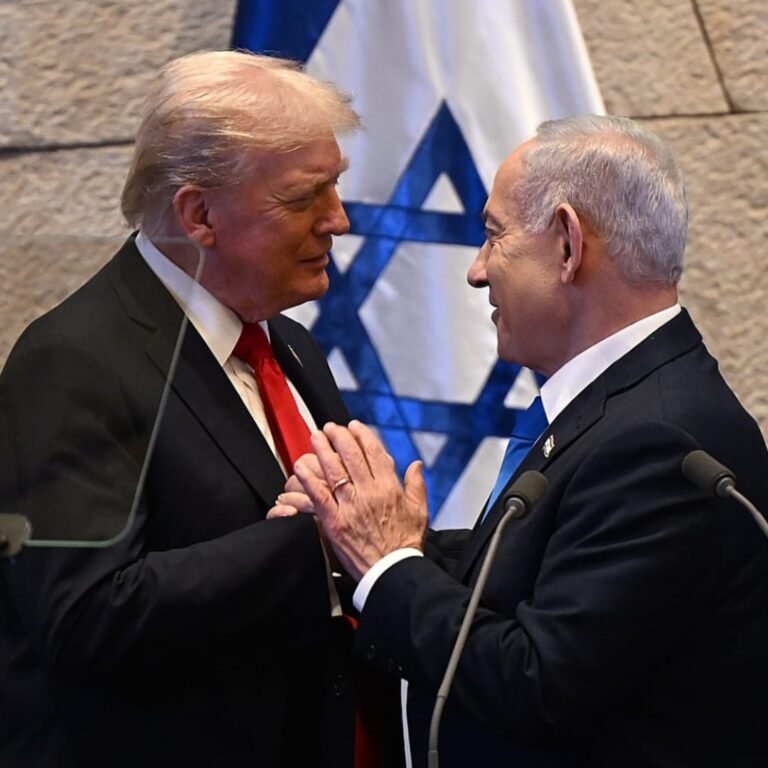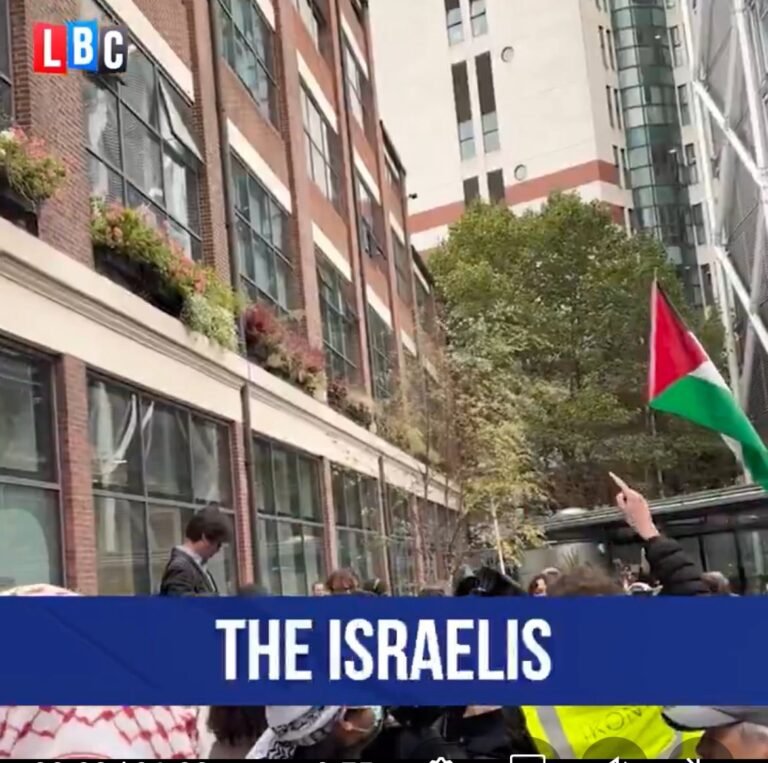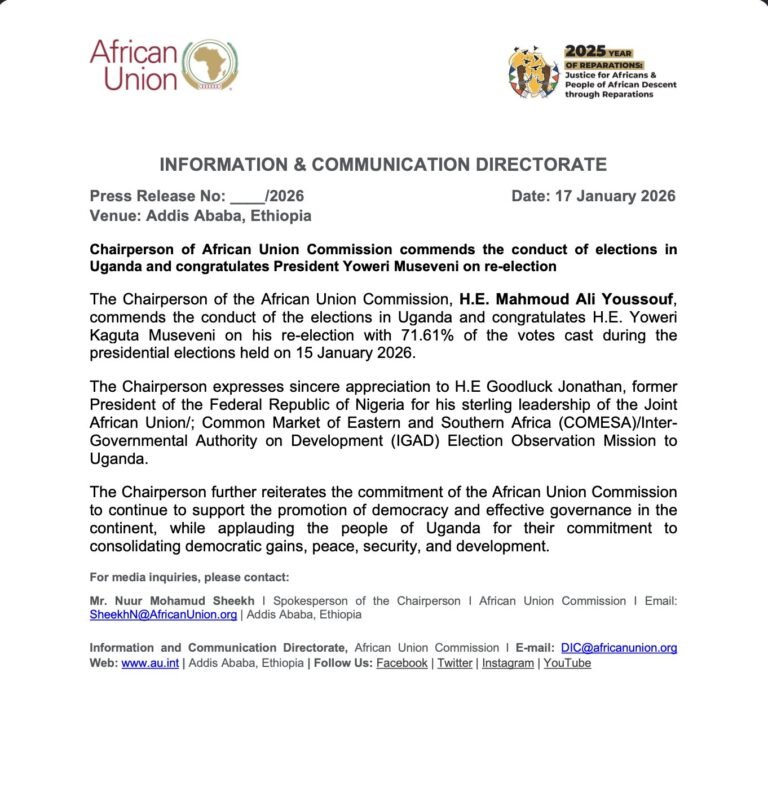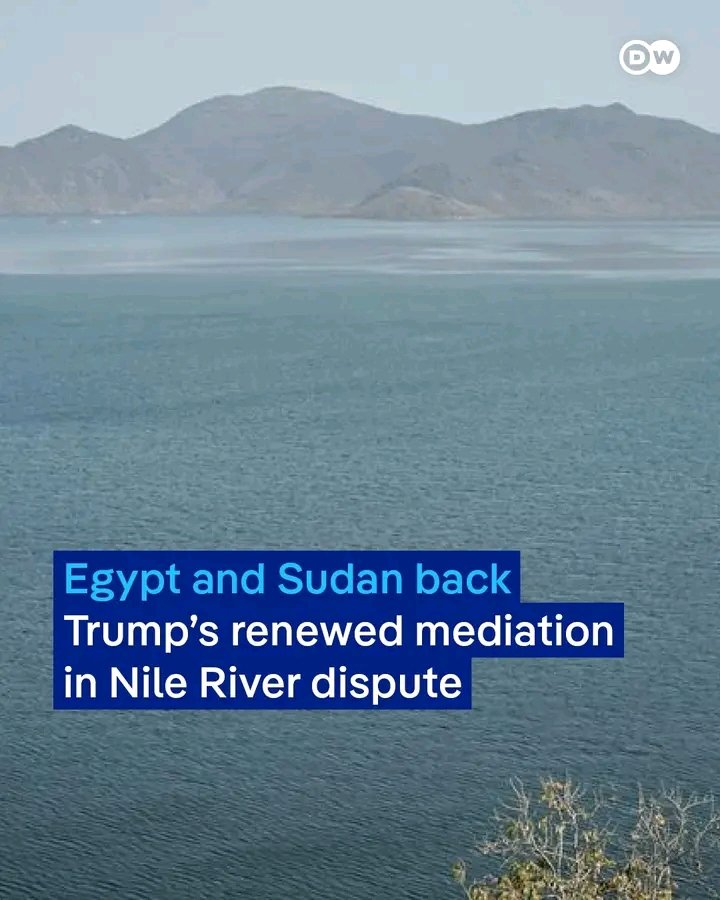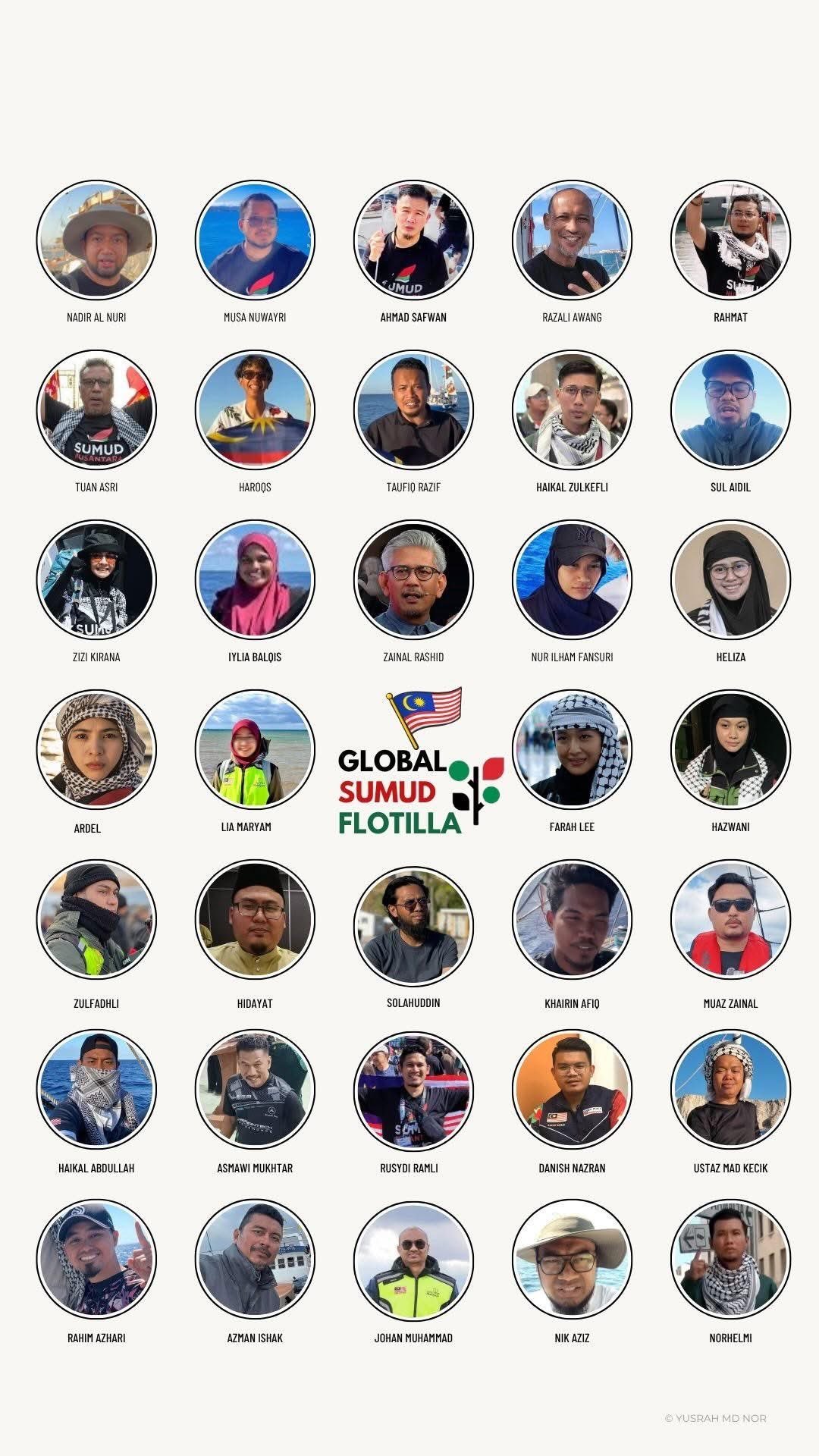
PUTRAJAYA / GLOBAL – A coordinated international humanitarian mission, the Global Sumud Flotilla, was seized by Israeli naval forces in international waters on October 1, 2025, sparking widespread condemnation from governments, UN experts, and human rights organizations who have labeled the action a flagrant violation of international law.
The flotilla, carrying around 500 unarmed activists and humanitarian workers from 46 countries—including high-profile figures like climate activist Greta Thunberg—was transporting symbolic life-saving aid such as medical kits and baby formula to the besieged Gaza Strip.
Official Condemnation and Demands
The Malaysian government was among the first to issue a formal and strongly-worded condemnation. In an immediate press release from Wisma Putra, Malaysia denounced the “criminal and cowardly acts of aggression” by Israeli forces.
“The unprovoked and indiscriminate actions constitute a flagrant violation of international law, including international maritime law, international humanitarian law and international human rights law,” the statement read.
Malaysia demanded the “immediate and unconditional release of all activists, humanitarian workers and crew members aboard the flotilla, including 12 Malaysians, and their vessels,” as well as the safe delivery of humanitarian aid to Gaza.
Echoing this sentiment, Malaysian Prime Minister Anwar Ibrahim stated on social media, “By blocking a humanitarian mission, Israel has shown utter contempt not only for the rights of the Palestinian people but also for the conscience of the world.” He affirmed that Malaysia would “use all legitimate and lawful means” to ensure Israel is held accountable, particularly concerning the safety of its citizens.
Global Voices of Solidarity and Fury
The interception drew swift and angry responses from global leaders and activists.
Former UK Labour leader Jeremy Corbyn MP called the assault “a flagrant breach of international law” and an “affront to our common human decency.” He criticized Western governments for inaction, stating, “Once again, we call on the government to defend international law, impose widespread sanctions and stop arming Israel.”
Activists on the ground described the incident in stark terms, calling it an act of “piracy” and “kidnapping.” In emergency statements, they emphasized that the flotilla was lawful and that the true crimes were “genocide, the deadly blockade of Gaza, [and] the use of starvation as a weapon of war.”
UN Experts and the Legal Stance
Prior to the interception, United Nations human rights experts had already warned that any attempt to block the flotilla would be illegal.
“Any attempt to block the flotilla would constitute a grave violation of international law and humanitarian principles,” the experts were quoted as saying. They attributed the need for the civilian-led mission to the “failure of the international community to end Israel’s unlawful blockade of Gaza and the catastrophic humanitarian crisis it has produced.”
Israel’s Justification and the Road Ahead
Israel defended its actions, stating it was enforcing its naval blockade to prevent arms smuggling to Hamas. However, this justification has been widely rejected by the flotilla’s organizers and international observers, who note the mission was publicly vetted and carried only humanitarian supplies.
Malaysia, in its official statement, called upon the UN Security Council and the international community “to take urgent and concrete action to end Israel’s impunity.” It reiterated its steadfast support for the establishment of an independent Palestinian state based on the pre-1967 borders with East Jerusalem as its capital.
As the detained activists face an uncertain fate, the event has galvanized the global solidarity movement. In the words of Jeremy Corbyn, “History will side with the flotilla – and their bravery will only inspire more people to join our global movement for Palestine.” The incident has once again thrust the humanitarian crisis in Gaza and the legality of its blockade into the international spotlight, setting the stage for a renewed diplomatic confrontation.


